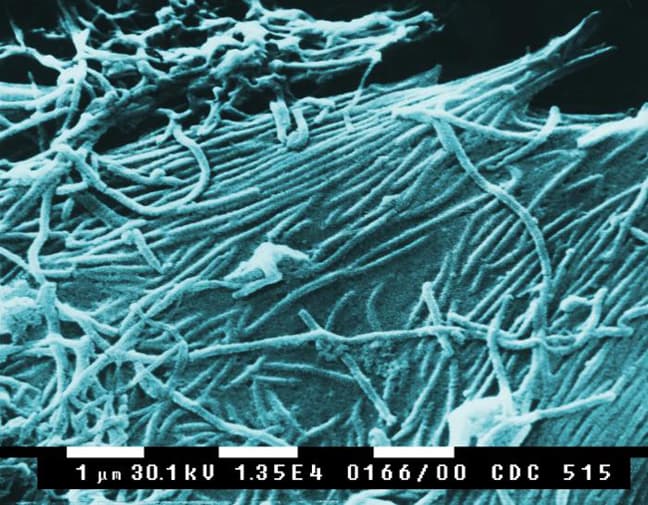The close encounters with Ebola recently have led many to be scared about this infection. Many have turned their concerns toward wild animals, particularly raccoons. Raccoons are known for carrying diseases, and many associates this species with rabies. Though they are carriers of the rabies virus, that doesn’t mean they are carriers of every major illness. It’s true; raccoons can transport many things like lice, roundworm, leptospirosis, distemper and histoplasmosis. So while it seems like they are a walking risk, the fact is that the most common thing they transport is rabies, not Ebola.
If you want to get rid of the raccoons in your home, contact Raccoon Removal Toronto to solve your raccoon problem!
Rabies are a serious disease and by the time a person notices any symptoms; it is usually too late. People naturally make the connection between rabies and Ebola. Many of the questions are warranted because of the fact that rabies and Ebola share many of the same properties. Everyone knows that when it comes to rabies, raccoons are the number one carrier in the animal kingdom. The correlation between rabies and Ebola is often hard to distinguish. A person or other animal affected with rabies will display the same signs. It may be hard to tell the difference between the two diseases in an affected person.
However, those who have a lot of raccoons around their property can rest easy. There is a very slim chance that these animals have Ebola. Sure, they could catch it as easily as they can rabies, but one must understand how Ebola is spread to be able to know how they come in contact with it. When any new illness comes to the forefront, people are fearful that one little cough or sneeze and they too could be infected. The truth of the matter is that it is only exchanged by direct body fluid contact. So that means that a raccoon must share blood, sweat or spit with another animal to become infected. Even if they were infected, that means that the animal on the property must also share those same things with a human. So see how difficult the transmission can be? Yes, it can happen, but the chances of that are not probable.
Even if all the bad luck in the world would line up and you would be bitten by an infected raccoon, in Canada, there are more than capable doctors and facilities that are trained in treating that disease. It’s best to never try to touch a wild animal. They are not used to the touch of a human, and they will bite. Wild animals do carry all sorts of diseases that are not good for the human body. They are transmittable, which means it is infected with just one nip. If you have a problem with raccoons or any other wild animal in your area, contact your exterminator for the safe and ethical removal of those animals. A licensed pest control specialist will use humane methods to remove the raccoon from the home and put them back into the wild. Because these animals are so misunderstood, they should never be harmed or killed. They can be put into a safe habitat where they can thrive. So can a raccoon have ebola? The answer is yes but it shouldn’t be a concern of any human.

